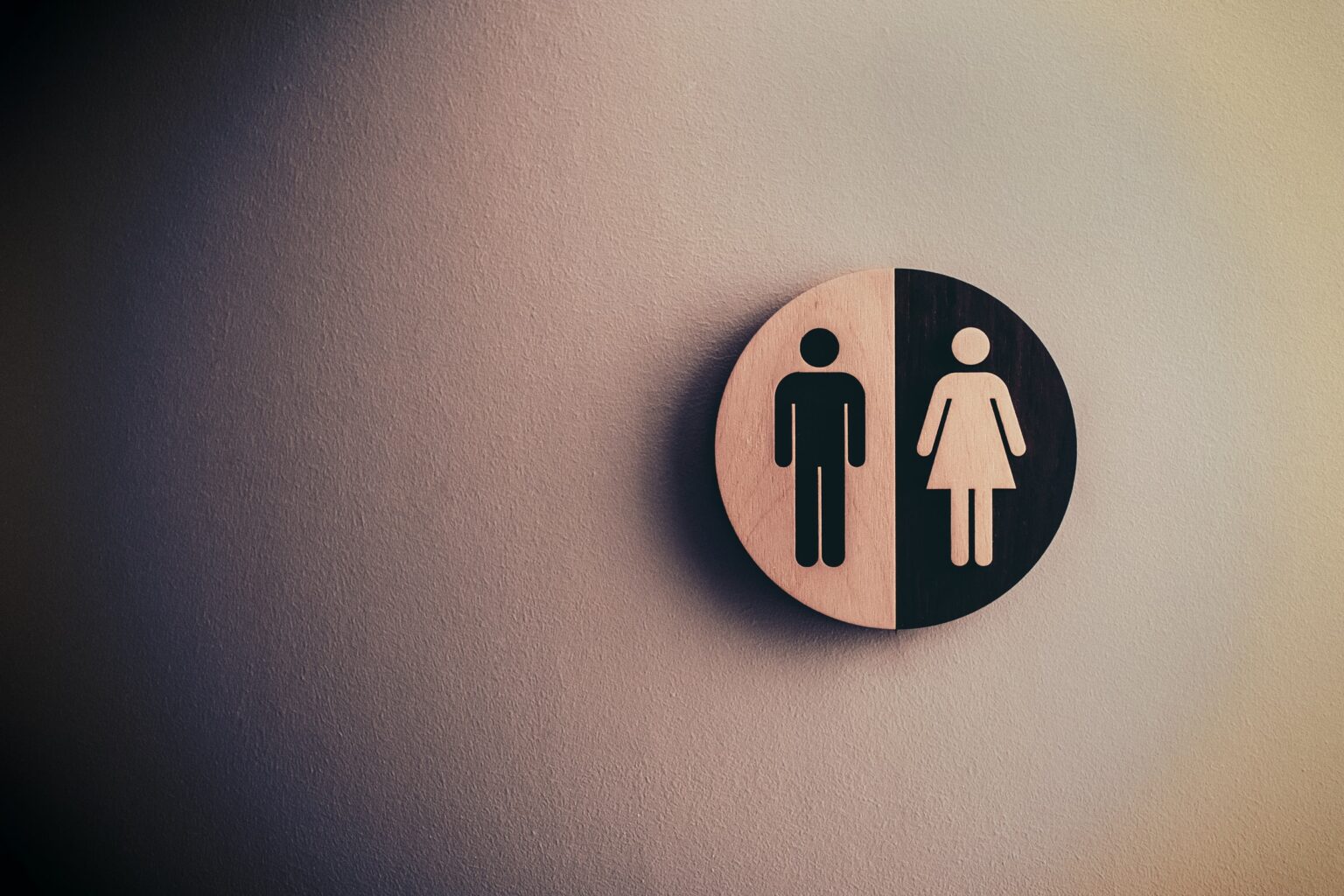The data presented in this year’s report of the European Institute for Gender Equality (EIGE) are of great concern. The newly updated equality index clearly shows the slowdown of equality policies overall at the European level, while at the same time it ranks Greece in the last and continuously deteriorating position, compared to the rest of Europe (based on data up to 2015).
A decline in many indicators
More specifically, in the Equality Index, we note that Greece is the only country in the Eurozone that showed a decline in many of its indicators during the decade 2005-2015, remaining in last place in the list, as in the last two EIGE measurements in 2010 and 2012.
The largest declines are in the areas of money, health, and time available, among others, with inequality between men and women increasing in contrast to the general trend, while the risk in the population at risk of poverty is now significantly higher than the average.
Austerity policies and gender inequality
It is clear that, in addition to the extremely slow rate of improvement, which is characteristic of Europe as a whole, the imposed austerity policies and the consequences of the economic crisis have been an important aggravating factor for gender equality in Greece.
The Diotima Centre, having as one of its main actions the integration of gender equality in all levels of political and social life, stresses the strong necessity of taking a number of legislative and not only initiatives in order to immediately reverse the situation created for women living in our country.
The full utilization of the tools of the UN’s “Sustainable Development Goals (Agenda 2030)”, the successful completion of the “National Action Plan for Gender Equality (NAPG) 2016-2020” of the General Secretariat for Gender Equality, as well as the ratification of the “Istanbul Convention” of the Council of Europe for the elimination of violence against women, are only some of the necessary first steps in this direction.
* Note: The Gender Equality Index is a tool for measuring progress on gender equality, developed by the European Institute for Gender Equality. The Index has six main strands: work, economic situation, educational attainment, time, representation in decision-making, and health.
It also includes two complementary axes: violence against women and intersectional inequalities. It provides the necessary visibility on areas that need improvement and encourages political leaders to take the necessary initiatives that effectively strengthen gender equality at the national and European level.





